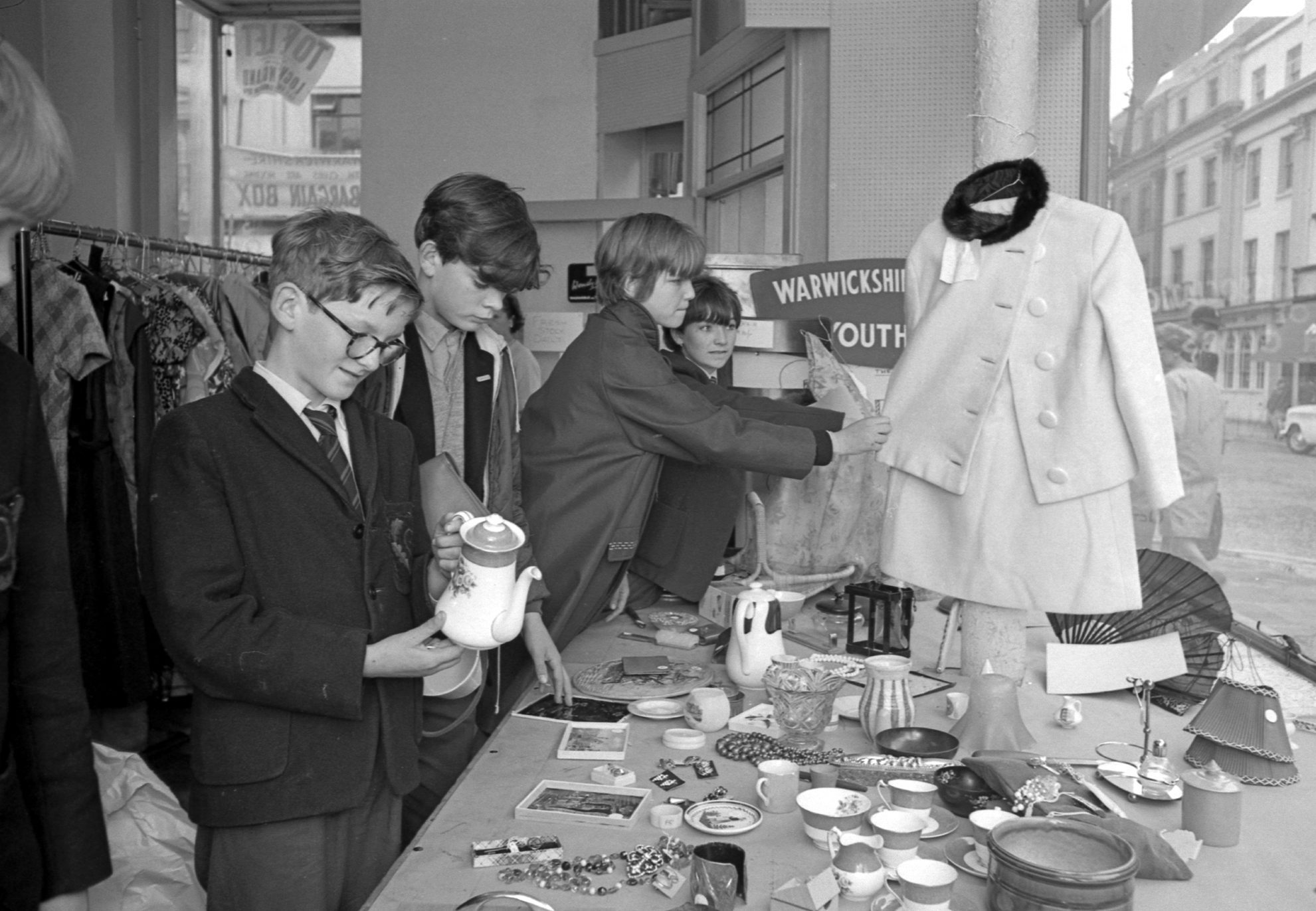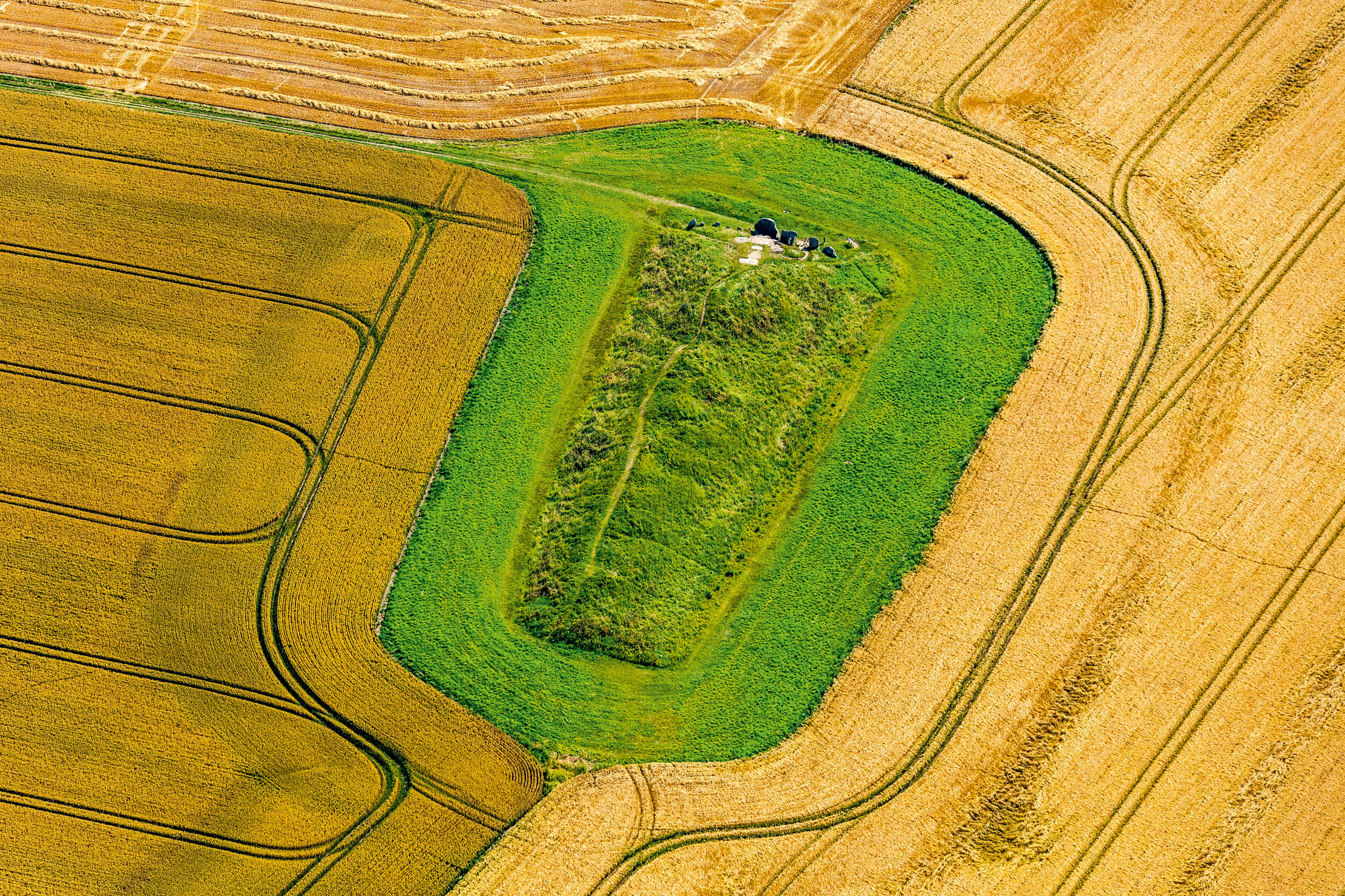Curious Questions
-
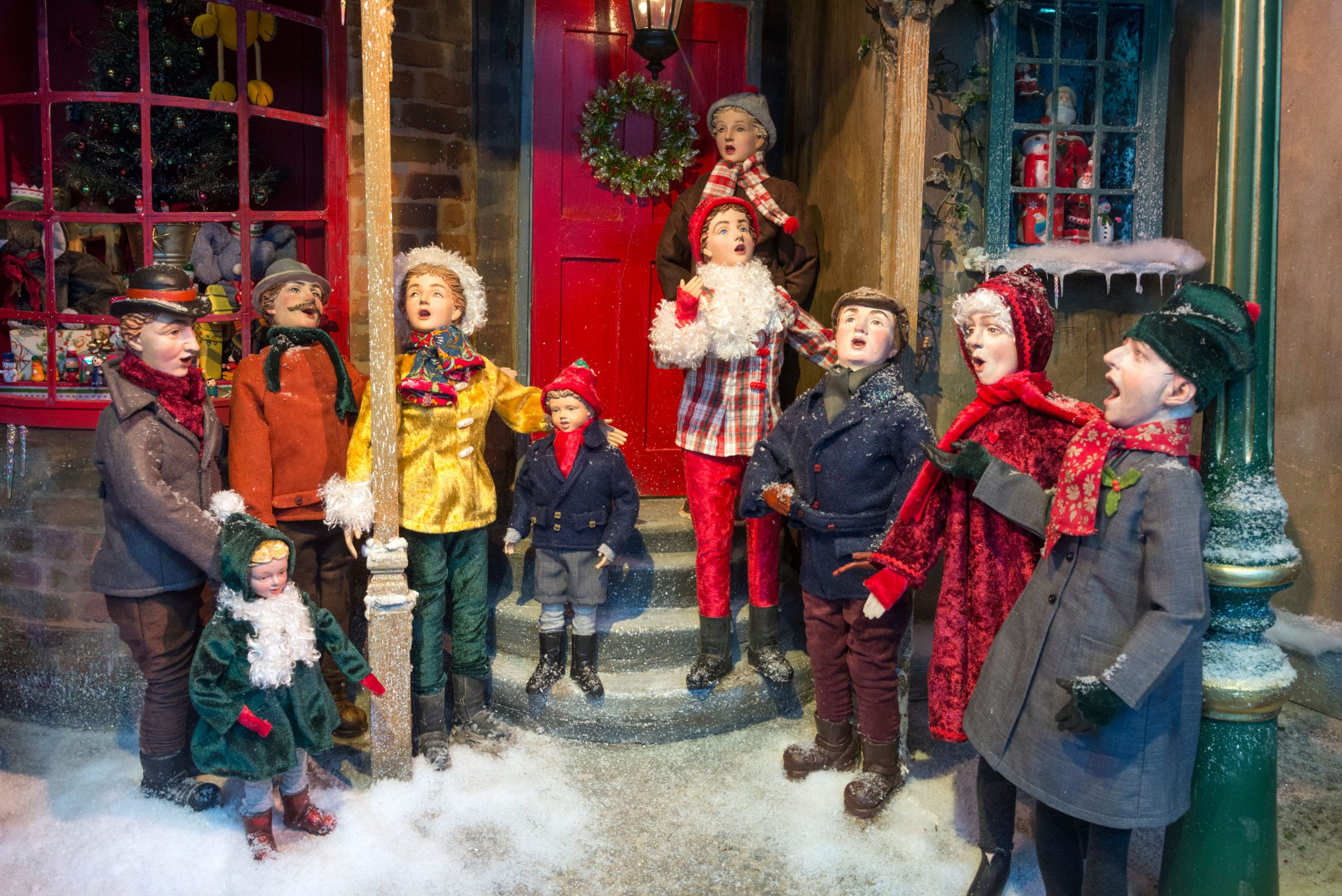
Who wrote the Christmas Carols we know and love? 11 songs and their stories, from Silent Night to Good King Wenceslas
Many of our best-loved and most moving Christmas carols started life as poems in search of a tune. Andrew Green uncovers the writers whose works were nearly forgotten, yet are now imprinted on the memory.
By Country Life Published
-
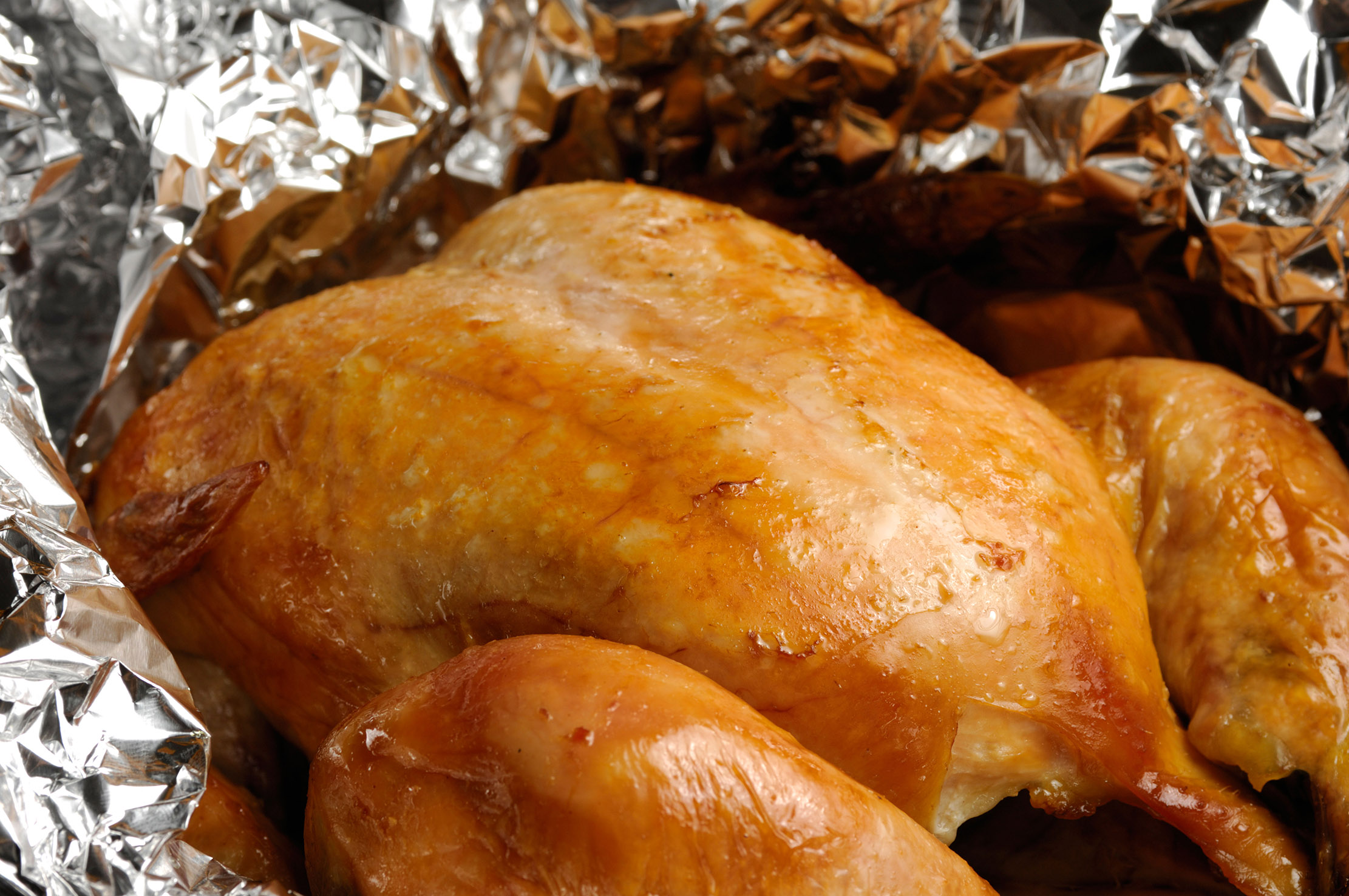
Curious Questions: Is there a 'right' way up to use aluminium foil?
As we prepare to embark upon the season of wrapping leftover foodstuffs, Martin Fone answers a question that's been bugging us for years: is it dull side up and shiny side down, or the other way around?
By Martin Fone Published
-

Curious Questions: Why is smell the most evocative of our senses?
The smell of something familiar can transport you back in time as none of the other senses will, says Ben Lerwill.
By Ben Lerwill Published
-
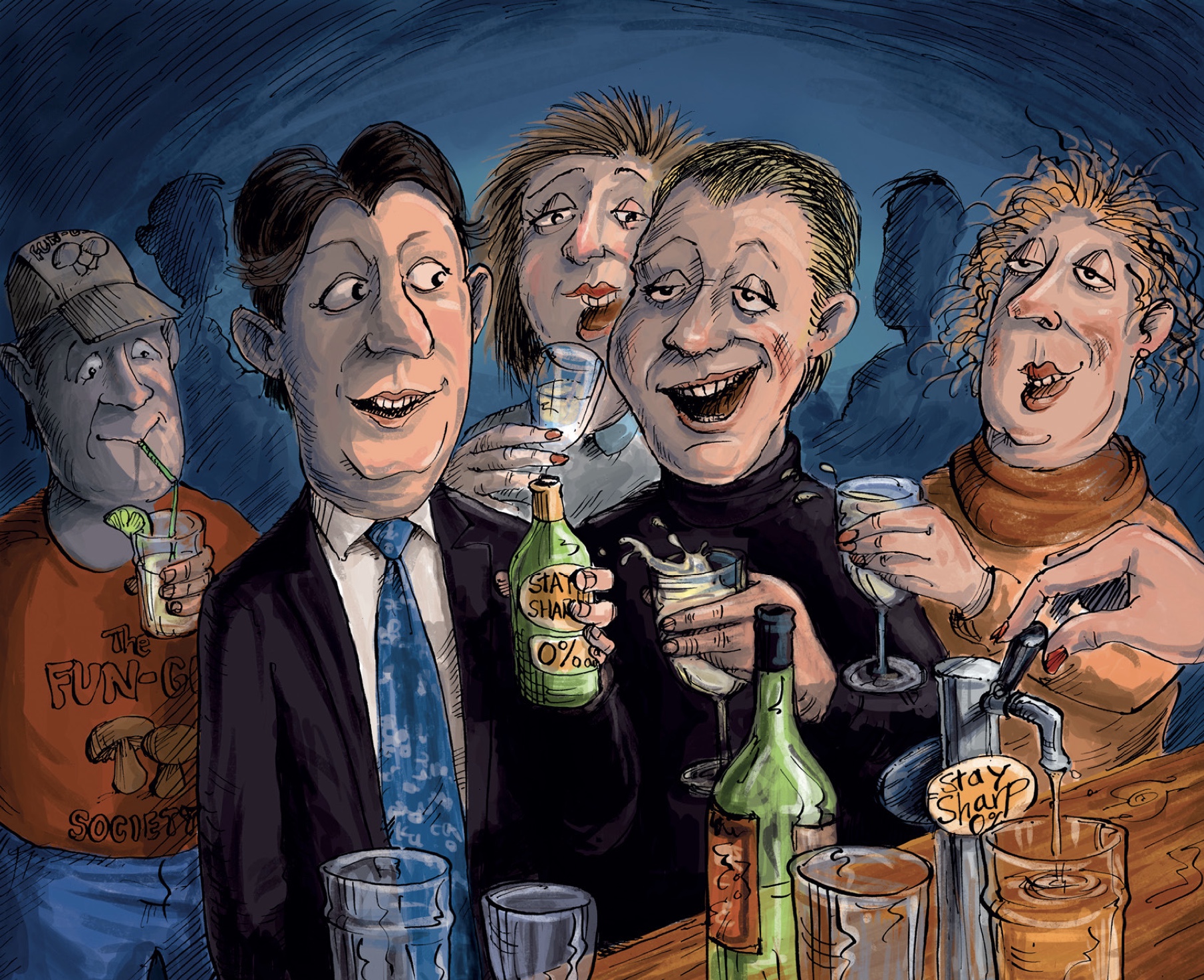
Curious Questions: What is it REALLY like giving up alcohol for a lifelong lover of fine wine?
Sobriety is easier and more interesting than it used to be, finds Giles Kime, who has spent the past year exploring the unanticipated delights of alcohol-free beer.
By Giles Kime Published
-
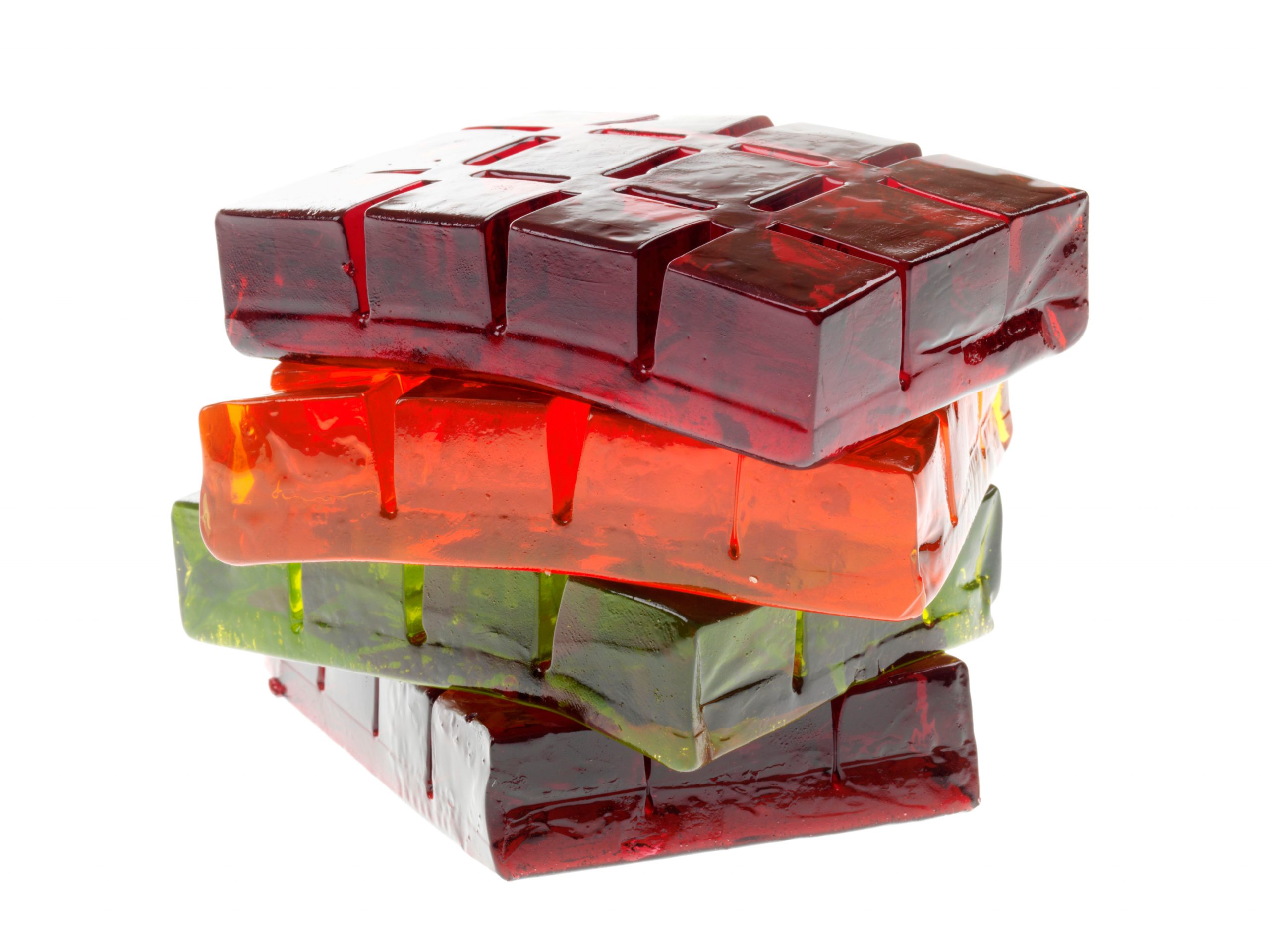
Curious Questions: Who invented the jelly cube?
Once a sweet treat fit for the Royal Court, jelly was transformed into a favourite dessert of the masses by the launch of Rowntree’s concentrated jelly cubes. Harry Pearson tells their tale.
By Harry Pearson Published
-
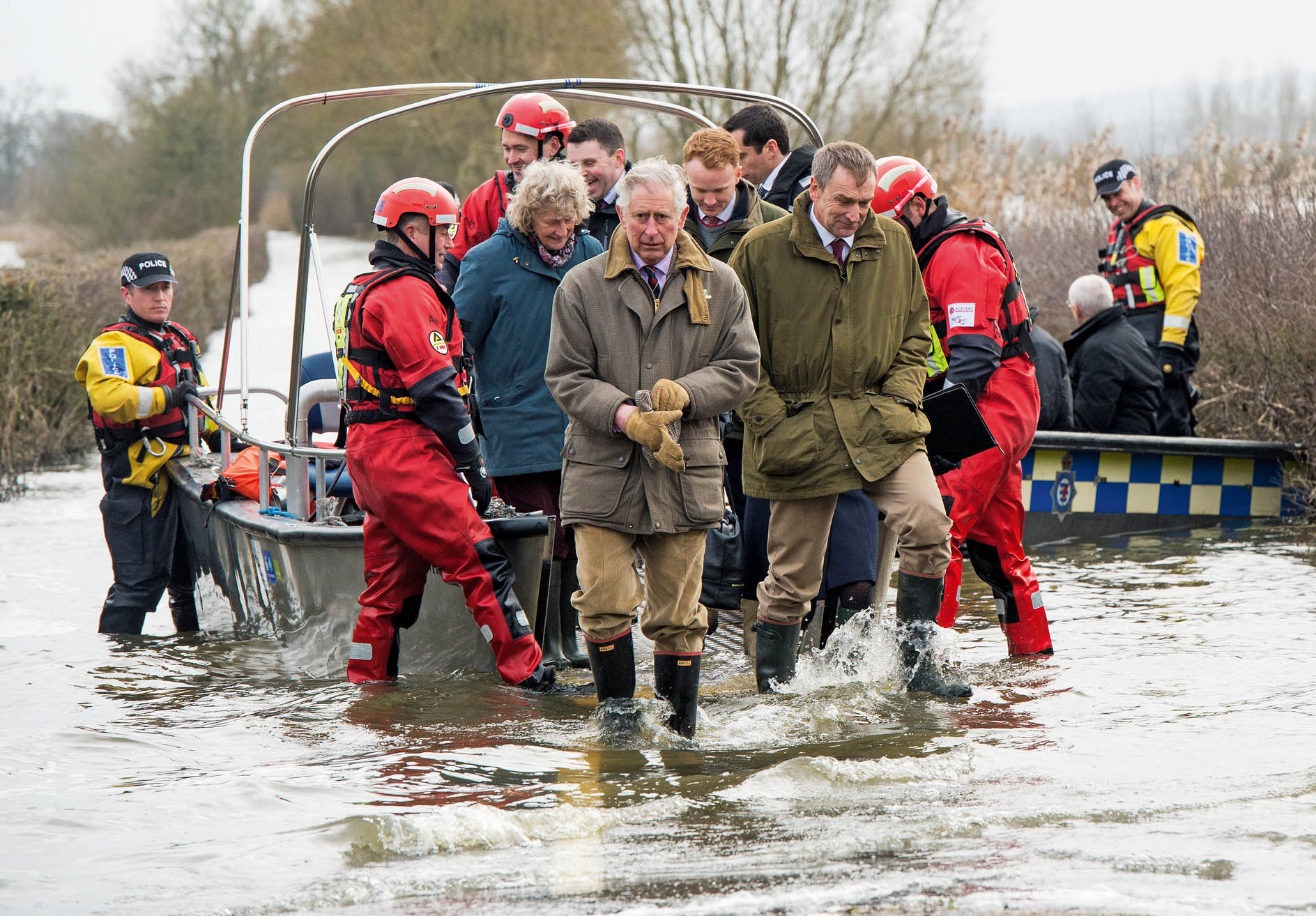
What sort of man is King Charles III, and what sort of king will he be?
A brilliant conversationalist, a cracking host and, surprisingly, an excellent actor, Charles III genuinely cares for people and strives to make a difference to their lives. Anna Tyzack speaks to some of those who have crossed his path.
By Anna Tyzack Published
-
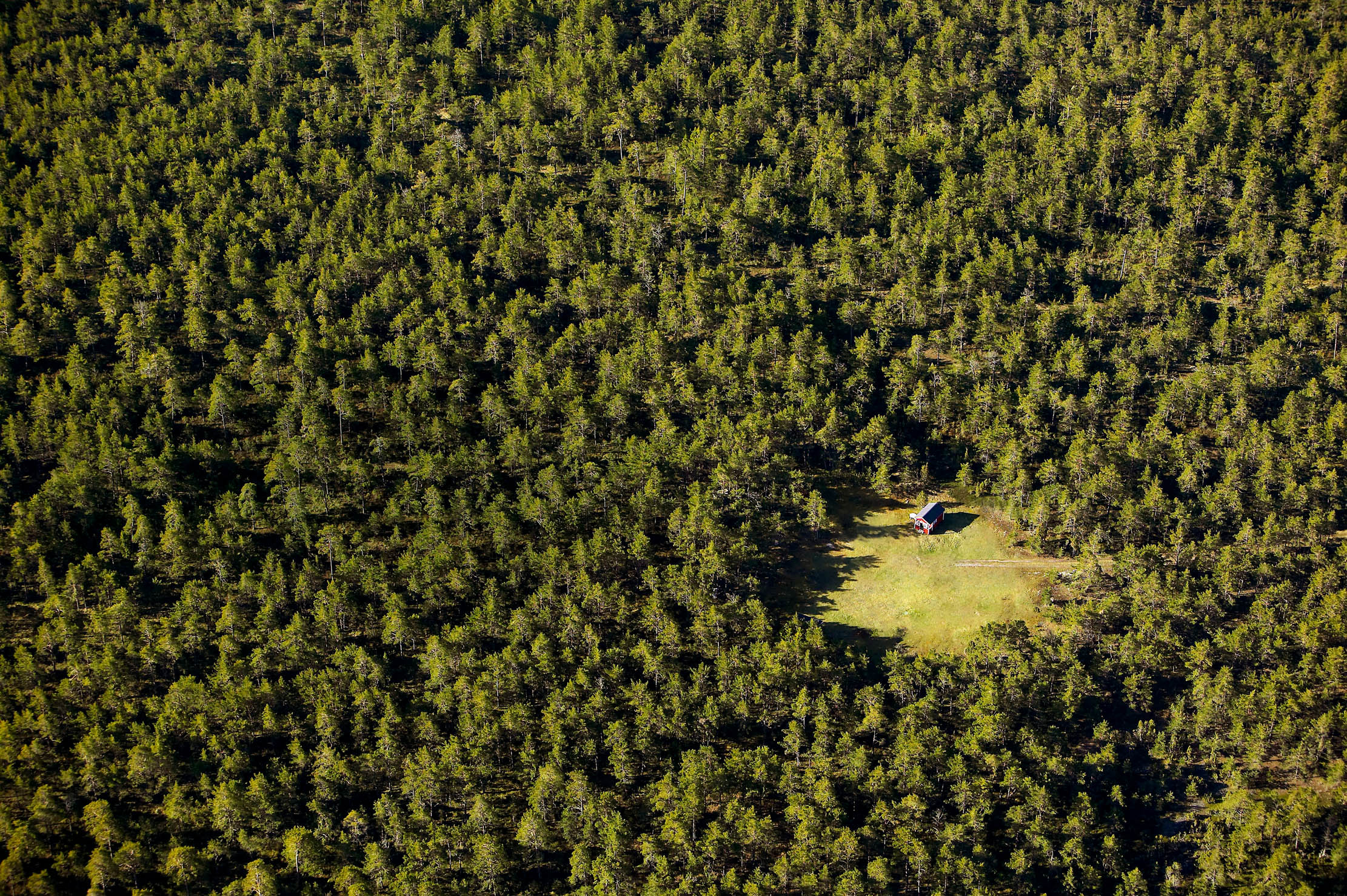
Curious Questions: Can you really live off the grid in 2022?
The pandemic forced millions of us to re-evaluate where and how we live — and what's important to us. The answer for many was to live off the grid. But can it really be compatible with modern life? Adam Hay-Nicholls tried it out — and spoke to some of those who have made it work.
By Adam Hay-Nicholls Published
-
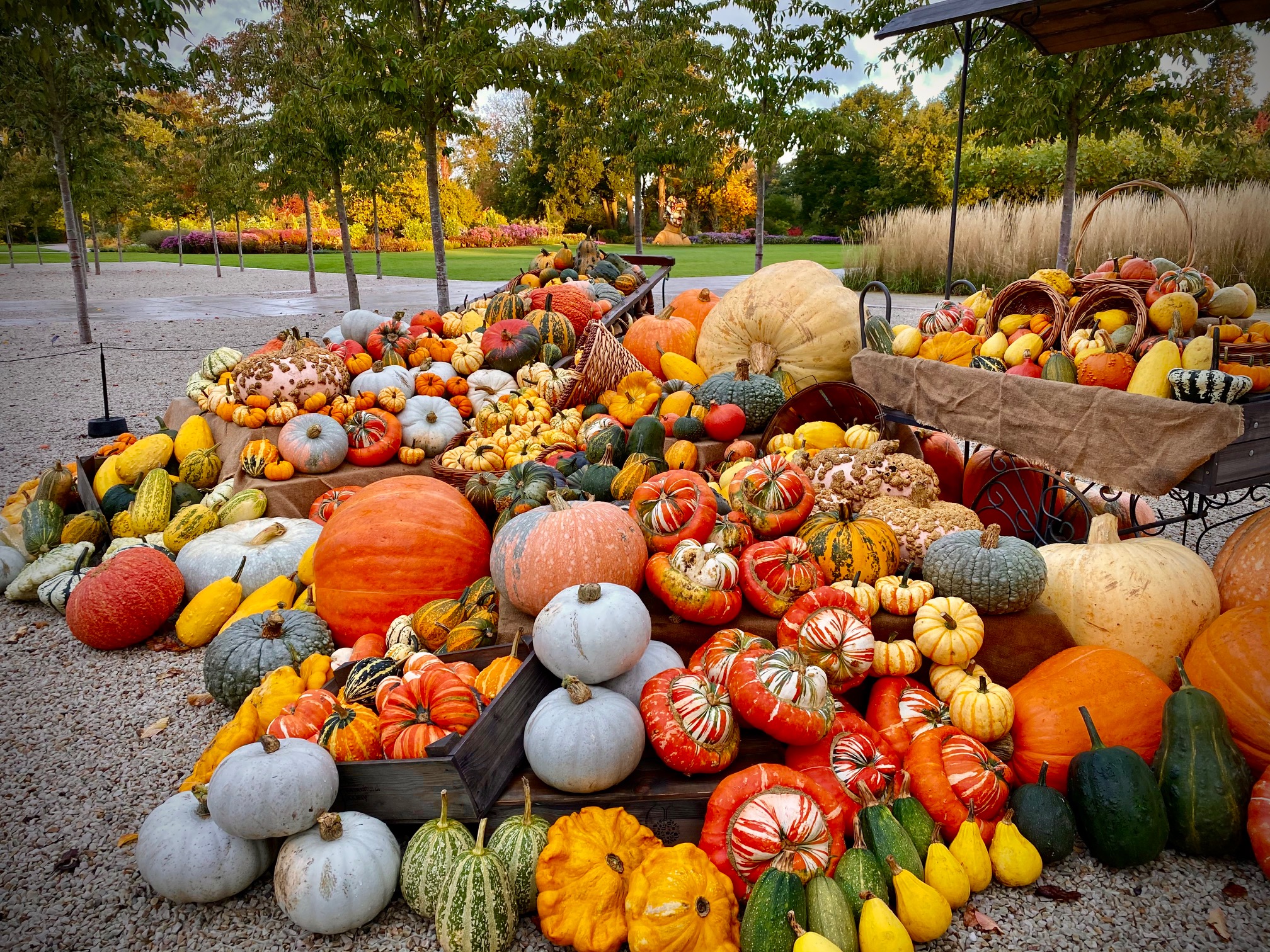
Curious Questions: Is a pumpkin a fruit or a vegetable?
The rows upon rows of ghoulish, glowing squash down your street can only mean one thing: it’s Halloween. But have you ever stopped to wonder whether a pumpkin is a fruit or a vegetable? Alexandra Fraser investigates.
By Alexandra Fraser Published
-
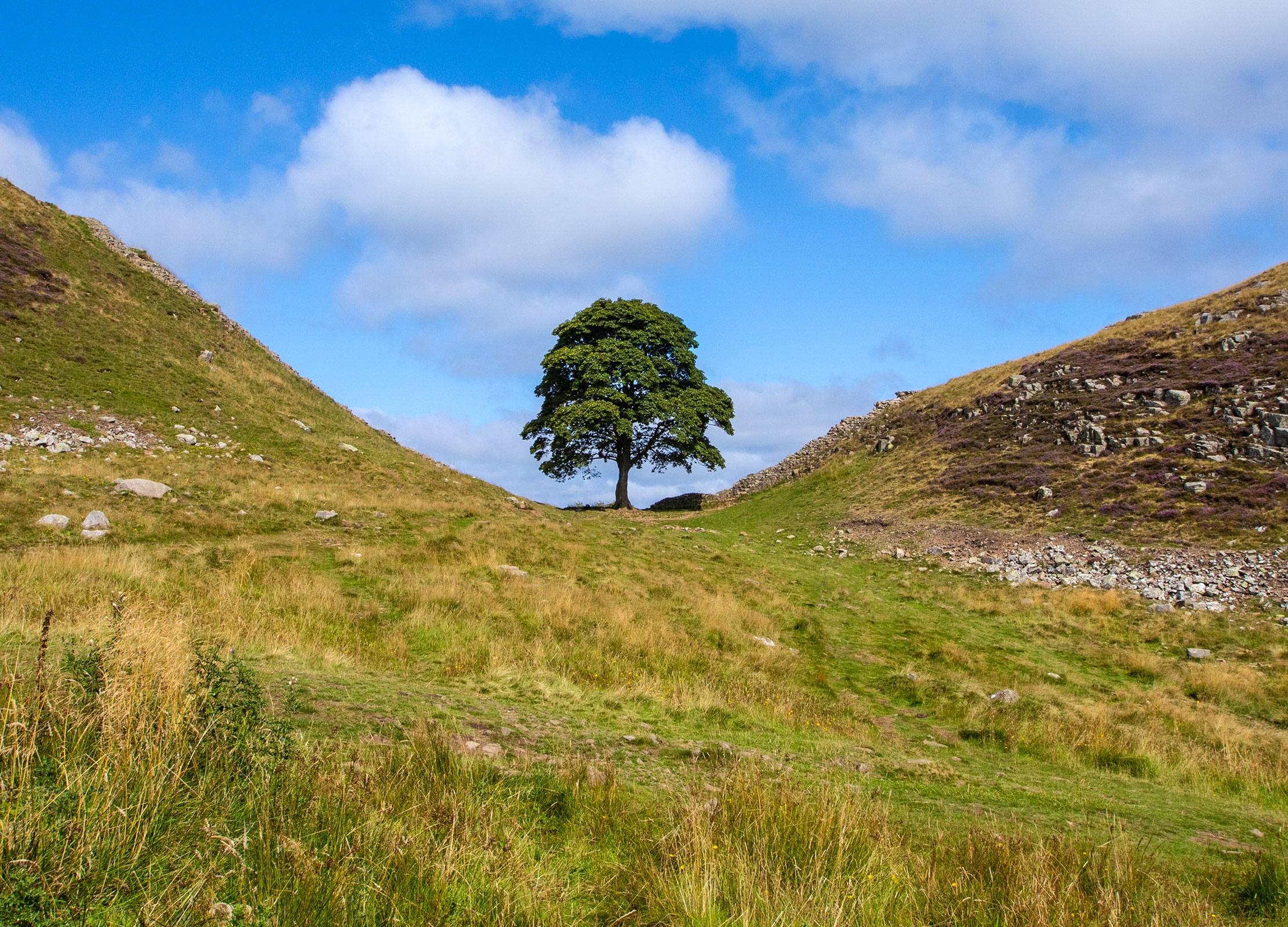
Curious Questions: How do sycamore seeds spin?
A chance encounter with Nature's answer to the helicopter prompts Martin Fone to ponder how sycamore seeds managed to fall to earth so gracefully.
By Martin Fone Published
-
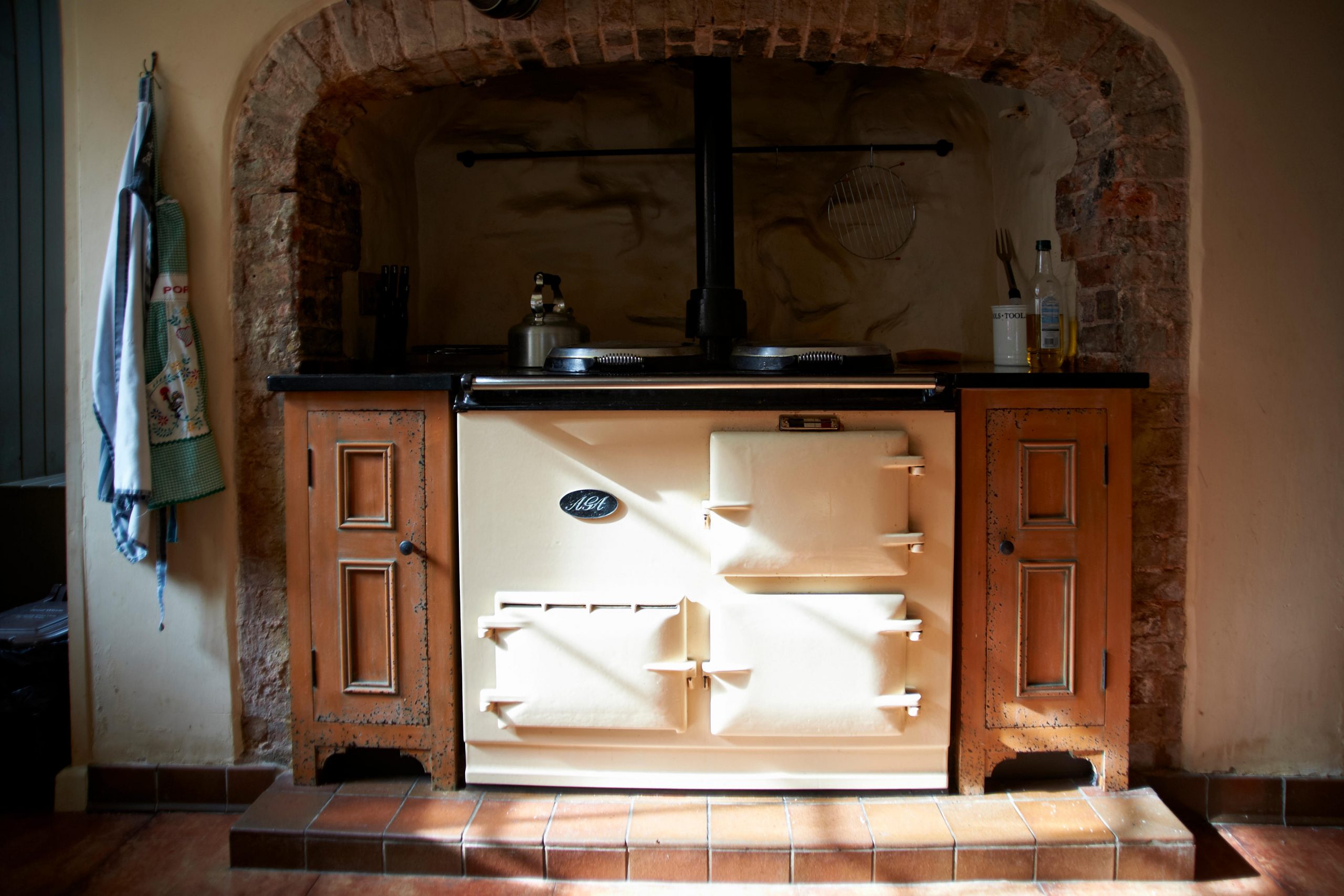
Curious Questions: How did a Swedish lighthouse genius and the 'father of advertising' make the Aga a country house must-have?
No English country house is complete, or so it sometimes seems, without an Aga at the heart of the kitchen — yet it's a Swedish invention whose roots are rooted in a tragic explosion, as Martin Fone discovers.
By Martin Fone Published
-

Curious Questions: Is there any such thing as coincidence?
Just when you were musing about the nature of coincidences, along comes Martin Fone to explain exactly what they are — and what they aren't.
By Martin Fone Published
-
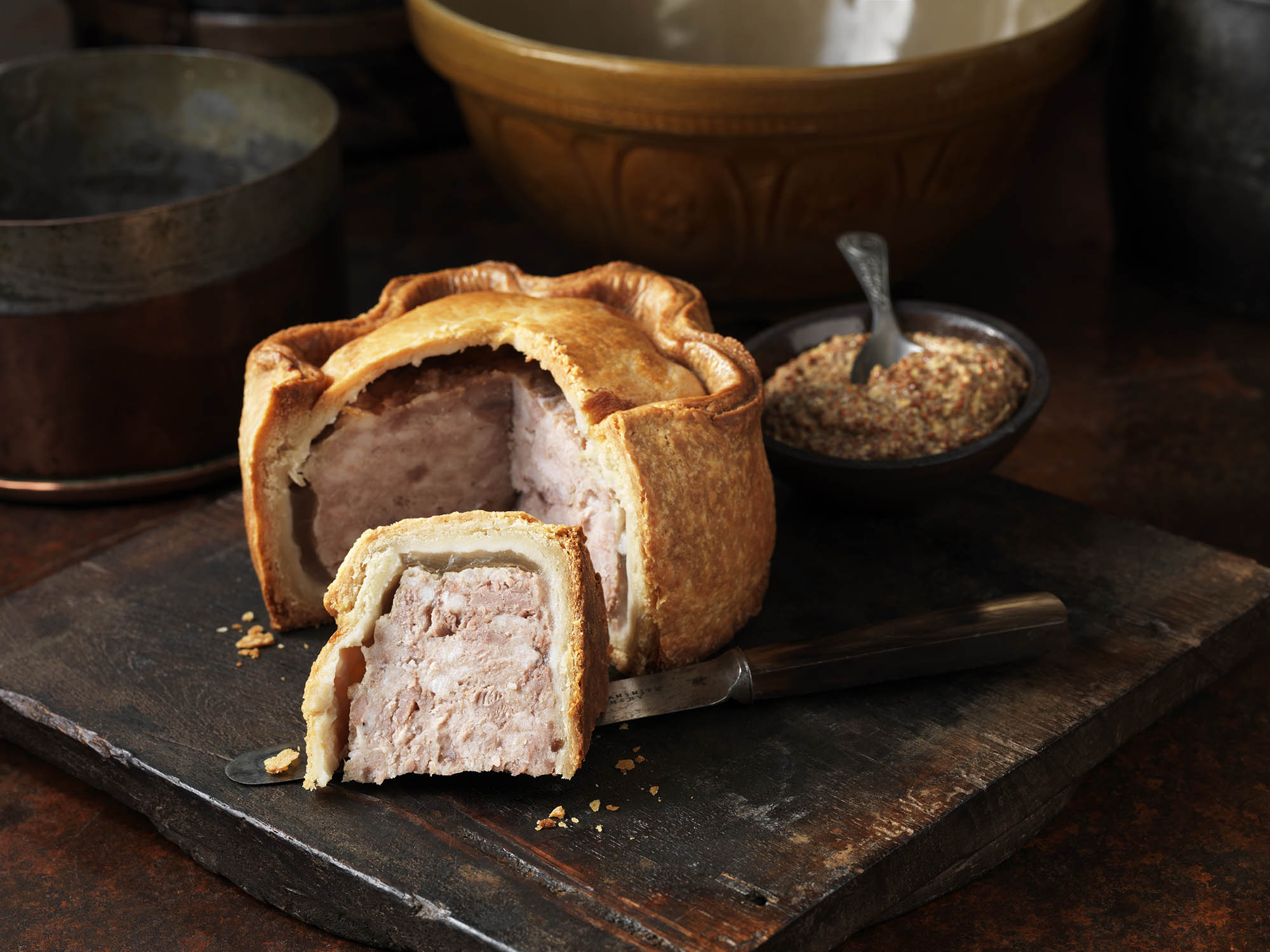
Curious Questions: Why is the pork pie associated with Melton Mowbray?
Martin Fone tells the tale of a true British culinary classic: the pork pie.
By Martin Fone Published
-
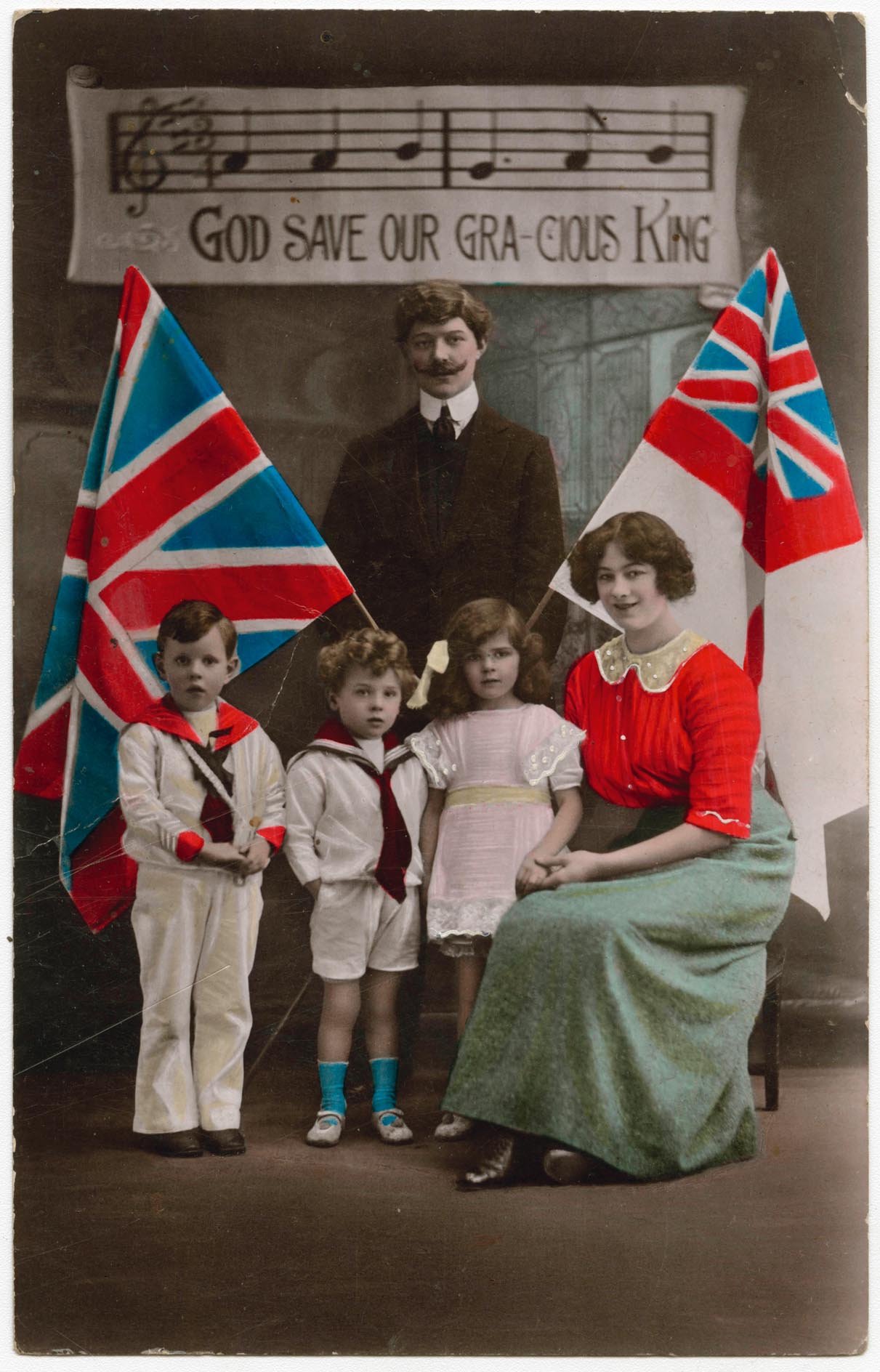
Who wrote 'God Save The King'? The extraordinary tale of the British national anthem
What are the origins of our national anthem? John Goodall investigates the extraordinary story behind both the tune and the words, as well as their influence on other nations.
By John Goodall Published
-
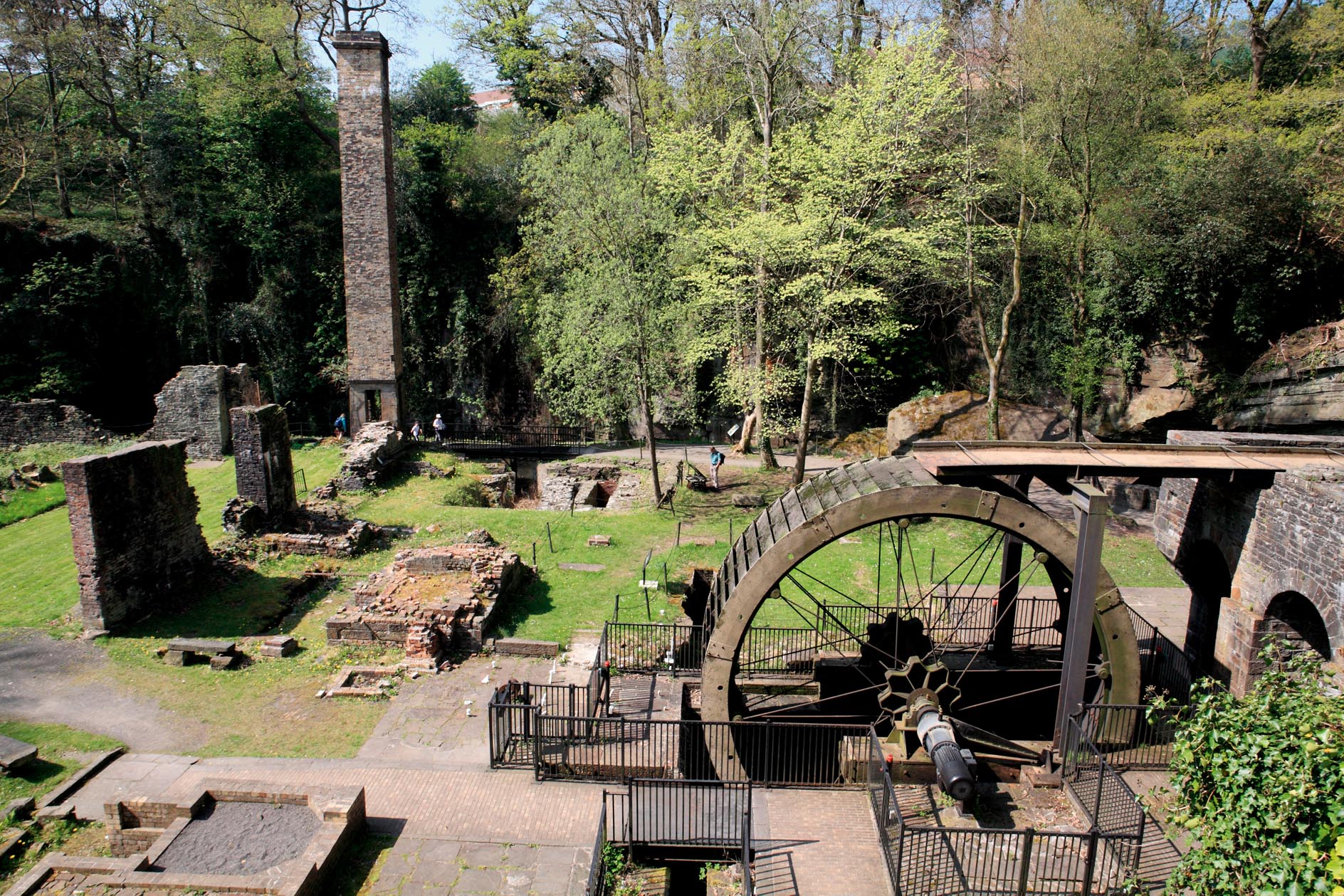
Curious Questions: Can ancient technology of wind, water and hot springs help make a sustainable future?
The UK is switching on to a future of home-grown, greener power — and yet this future is drawing on the past. Jonathan Lee revisits the renewable revolution that started right here.
By Country Life Published
-
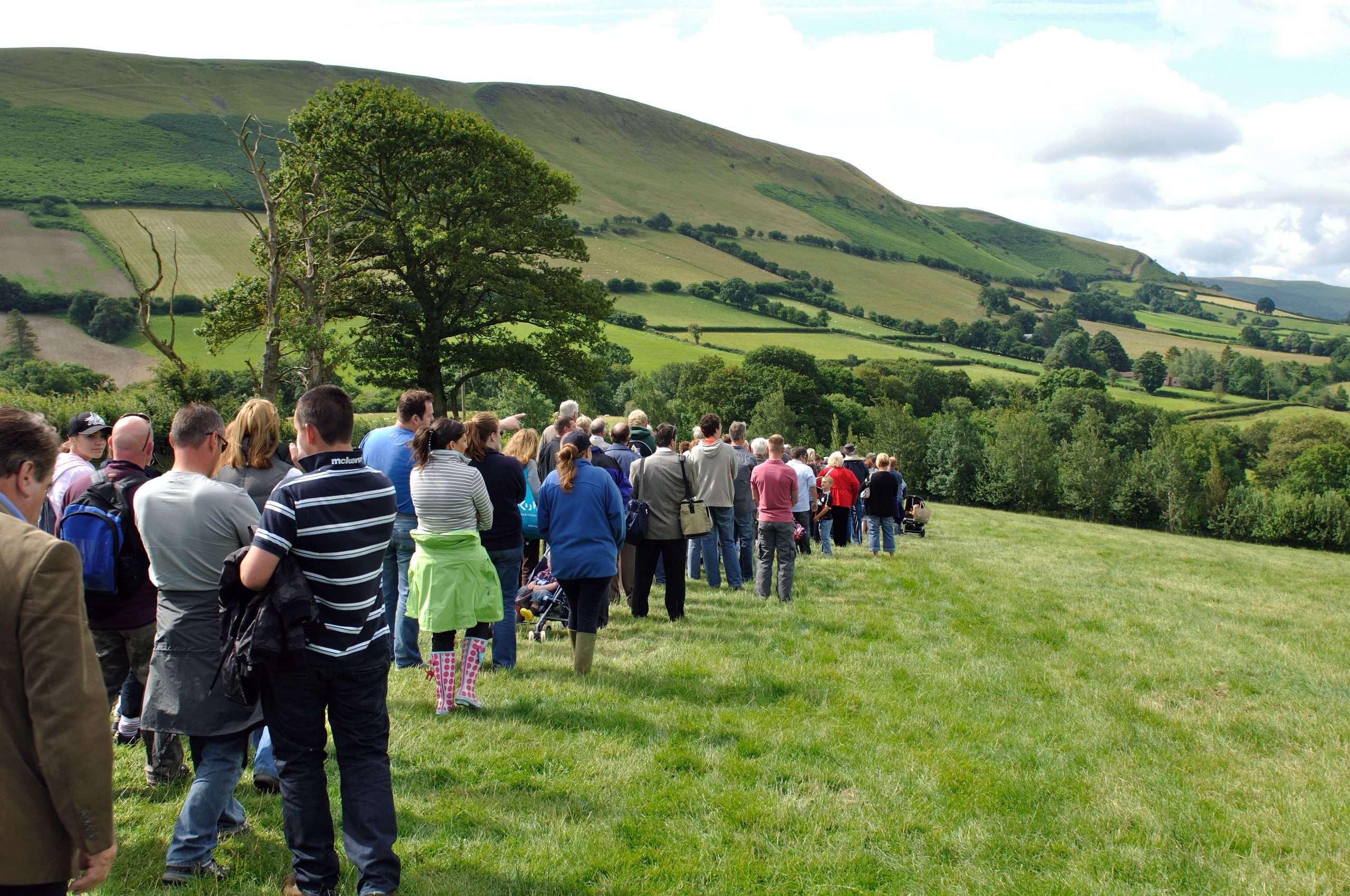
Curious Questions: Why do the British love to queue?
After a summer of stoic queuing in planes, trains and automobiles, Country Life has identified five reasons why patient queueing is the British tradition that we secretly love to love.
By Country Life Published
-
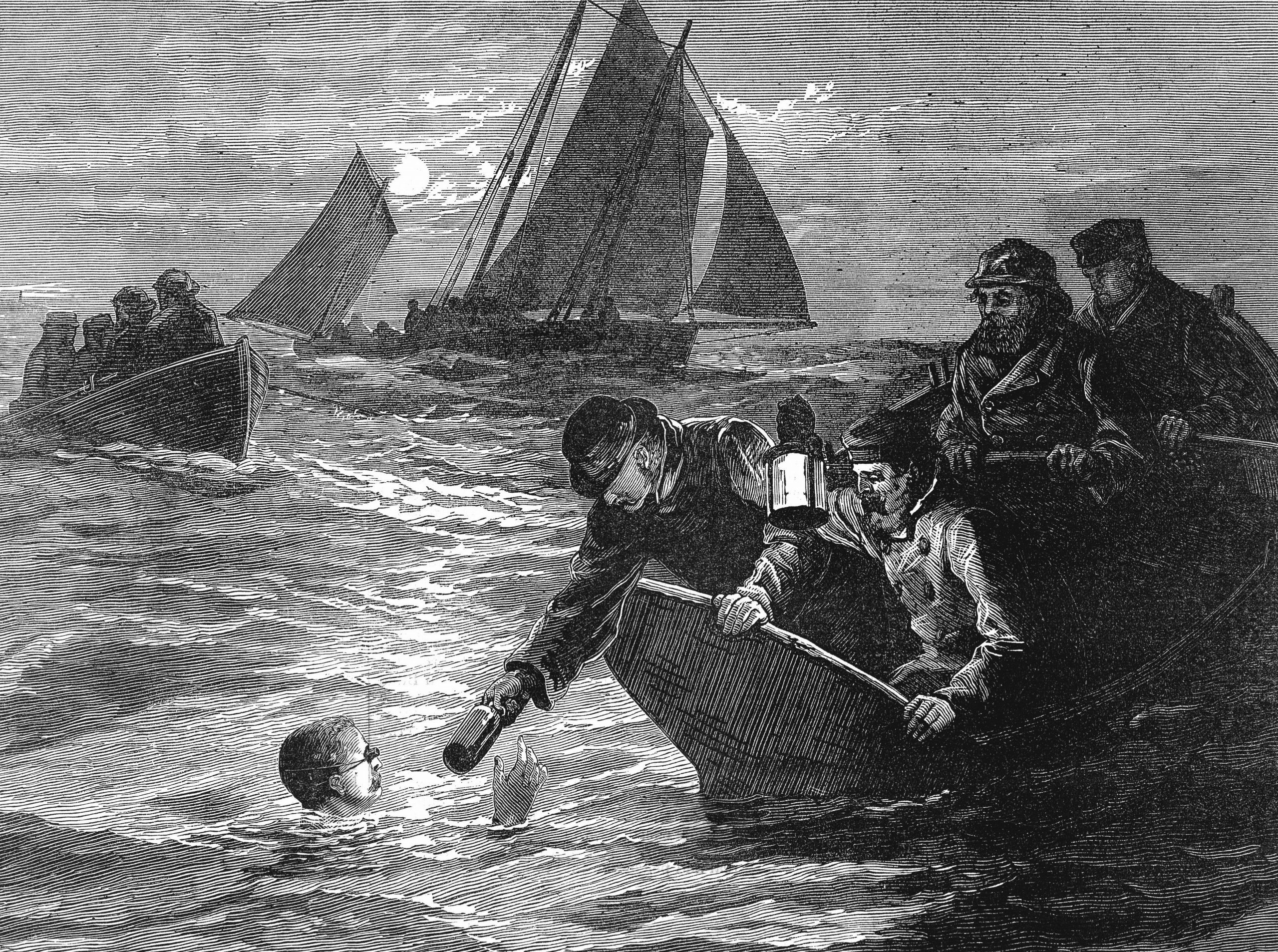
Curious Questions: Was Captain Webb the first to swim the channel?
Captain Matthew Webb was famously the first man to successfully swim the English Channel — or was he? Martin Fone investigates.
By Martin Fone Published
-
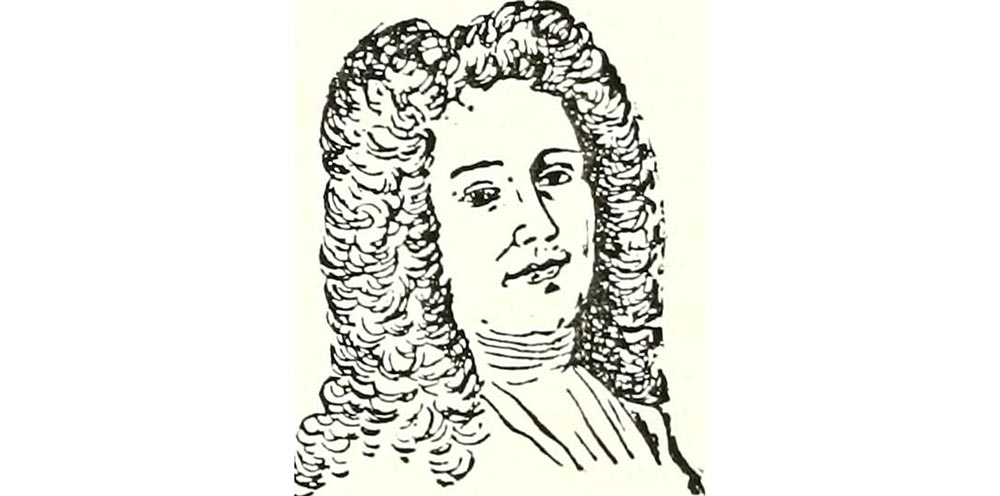
Curious Questions: What is the world's oldest extant rowing race?
The annual Oxford v Cambridge Boat Race has been a fixture on the sporting calendar of Britain for almost two centuries — but there is a far older example still going, Doggett's Coat and Badge, which boasts an unbroken record of winners for more than three centuries examples. Martin Fone explains.
By Martin Fone Published
